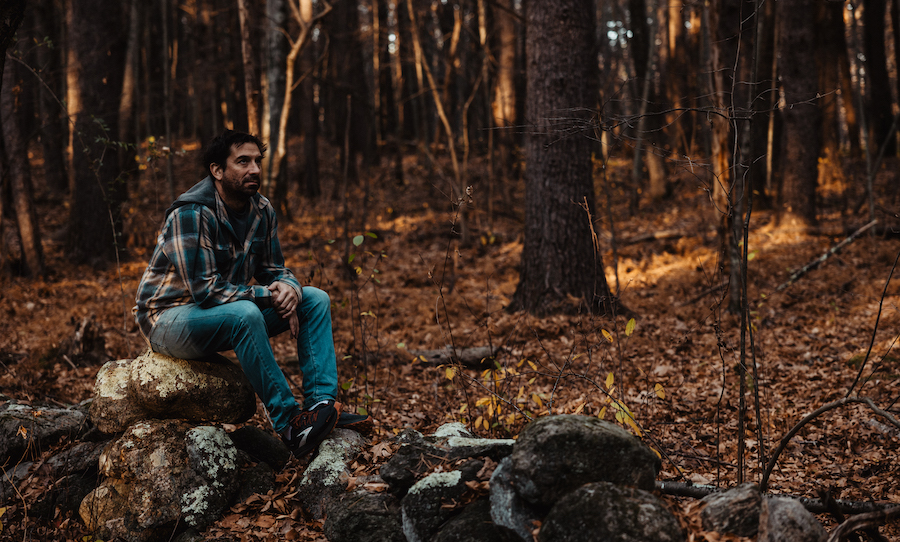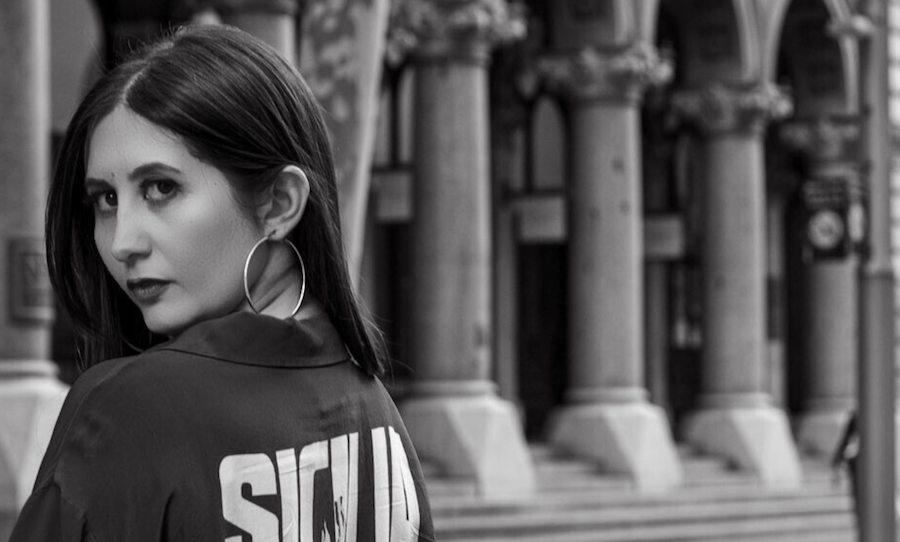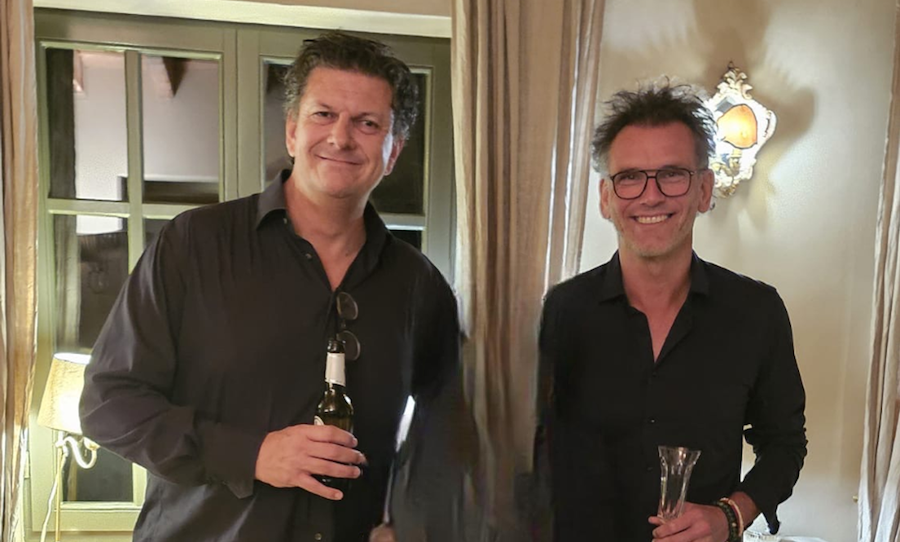Be brave, shouts Goodwin. Put your ear to the ground and listen, follow yourself and let the music find you. Goodwin urges us to find inspiration in the natural. Read it in their words below!
“I have always felt that we don’t really make music so much as we discover it. At least, this has been my experience.
When I first came upon a hermit thrush offering its haunting melody in the thick wood of Concord, Massachusetts, a song was born.
When I listened to the Pacific Ocean drag the rocks from the shore back into the water, I stumbled upon a very particular polyrhythm.
When I heard the cutting winds of a blizzard snap the ice laden branches off the trunk of an oak, I discovered that bridge I was seeking for many months.
In his seminal work Songlines, Bruce Chatwin notes that “the whole of Australia can be read as a musical score. The ancestors, while walking through the land, are thought to have scattered a kind of ‘scent-trail’ of words and musical notes.”
Whatever the origin of these tones are, I do believe that if we listen closely – and with great intention – we do hear that one rock sounds different from the next, that one landscape does not quite sound like another.
Music is all around us.
As Tom Waits offers: “I like the idea that there are things coming in through the window and through you and then down to the piano and out the window on the other side. If you want to catch songs you gotta start thinking like one, and making yourself an interesting place for them to land like birds or insects.”
This approach to songwriting is a kind of surrender and requires a certain vulnerability. We must allow ourselves to become permeable to the world around us.
I think this is part of the reason why many artists at some point end up struggling with depression – to be open to the world is to be open to all of it. Some of the things that pass through the skin are hard to grapple with.
Gary Snyder perhaps puts it most succinctly (as poets tend to do):
How Poetry Comes to Me
It comes blundering
Over the boulders at night
It stays frightened outside
The range of my campfire
I got to meet it
At the edge of the light
The poem does not come to the poet, nor does the poet retreat fully into the darkness to meet the poem. Rather they meet “at the edge of the light.” The edge! So often the place to explore in search of meaning.
Walking along that juncture between two things is a bit precarious indeed, but I do believe it is where we need to travel as artists to find the raw materials we need to create.”




